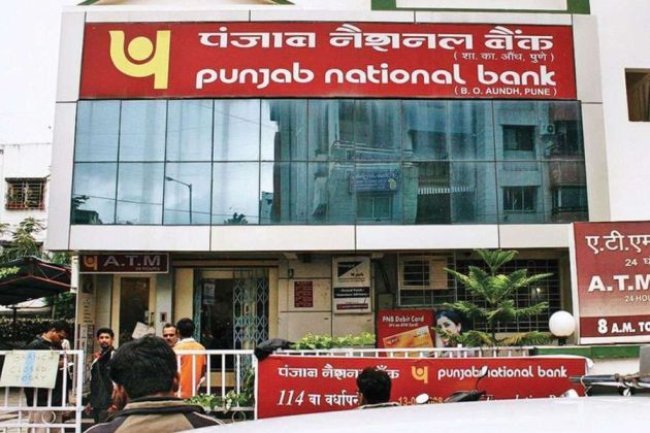Banks Boost Investment in Short-Term Government Bonds Ahead of New RBI Liquidity Norms
Indian banks are increasing investments in short-term government bonds to meet new RBI liquidity coverage ratio (LCR) norms, reshuffling portfolios to include more high-quality liquid assets in their available-for-sale (AFS) books. The move allows banks flexibility and potential gains during a rate-cut cycle while managing asset-liability mismatches.

Banks Boost Investment in Short-Term Government Bonds Ahead of New RBI Liquidity Norms
With the Reserve Bank of India (RBI) preparing to enforce draft liquidity coverage ratio (LCR) guidelines from April, banks have begun reshuffling their portfolios, focusing on short-term government bonds. The new norms require increased investments in high-quality liquid assets, prompting banks to expand their available-for-sale (AFS) books by acquiring government securities with maturities under five years.
Banks Adjust Portfolios for LCR Compliance
Market participants report that banks are placing more government securities in the AFS category, allowing them to sell short-term securities during periods of financial stress. Nidhu Saxena, MD of Bank of Maharashtra, stated that with the bank’s LCR standing at 105%, they aim to increase it to 110% by investing in short-term government securities under AFS to maintain flexibility. The AFS category provides banks with liquidity options, unlike held-to-maturity (HTM) and fair value categories.
Many banks are well-positioned to meet the LCR threshold of 100%, with institutions like HDFC and Kotak Mahindra Bank reporting LCRs of 128% and 140%, respectively. HDFC saw a 500-basis point increase in LCR in the last quarter, while Kotak Mahindra Bank consistently maintained a high ratio.
Impact of RBI’s Draft Guidelines on Bank Investments
The RBI’s draft LCR guidelines, released in July, are expected to increase credit costs and pressure margins, leading banks to buy short-term government bonds. Market experts suggest that holding government securities in the AFS category offers a dual advantage—compliance with LCR requirements and the ability to book gains in short-term securities, especially in a rate-cut cycle.
Expectations of an RBI policy rate cut by March have further motivated banks to bet on short-term bonds. With rate cuts on the horizon, banks find it profitable to hold government securities in AFS to maximize Treasury income, as shifting securities out of this category can limit flexibility and reduce potential gains.
To manage asset-liability mismatches due to heavy reliance on short-term bonds, banks are also strategically moving long-term government bonds into the HTM category. This approach allows them to meet LCR requirements while maintaining a stable investment portfolio.
Click Here to Visit
What's Your Reaction?
















